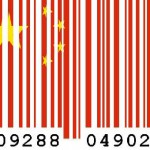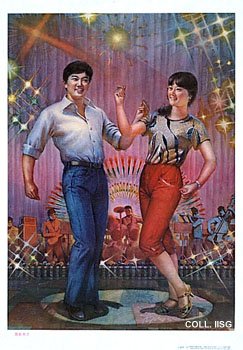Trade Is a Labor-Saving Device →
Sheldon Richman, writing at Reason.com, shares some wisdom about trade.
think about the saving of labor. Normally we see this as a good thing. We buy electric toothbrushes, power lawnmowers, dishwashers, clothes washers and dryers, and self-cleaning ovens, among many other things, precisely to save labor. Why? Obviously because labor is work—exertion. Most of what we think of as work we would not do if we could have the expected fruits without it. (Of course we sometimes are paid to do things we'd do anyway, but then it is something more than mere work.) Saving labor through technology not only relieves us of particular exertion; it also frees us to obtain other things we want but would otherwise have to do without—including leisure. Thus labor-saving enables us to have more stuff for less exertion. Time and energy are scarce, but our ends are infinite. That's why no one in private life fails to see labor-saving as good.
…
Trade is a labor-saving "device." We each have two legitimate ways to acquire any good: produce it ourselves or acquire it through trade (after producing something else). For most goods, trade will be the lower cost method. (See why "comparative advantage" is "The Most Elusive Proposition.") The day is simply too short to make everything we want. Thus trade makes us wealthy. When government interferes with trade, it makes us poorer.
Bastiat believed that people found the destruction of cross-border trade ("protectionism") attractive "because, as free trade enables them to attain the same result with less labor, this apparent diminution of labor terrifies them." (Read about the bias against saving labor in Bryan Caplan's The Myth of the Rational Voter.) Why do people who try to save labor every day believe this? Because they think a society's principles of well-being are different from those of an individual's. As long as they do, political candidates will feed the bias.
Donald Trump and Hillary Clinton may or may not know that trade unfettered at political boundaries makes people wealthier. We need not waste time (which of course could be put to better use) wondering if they are demagogues or just ignoramuses. Rather, we should devote our scarce energy to showing people that what is good for them individually—saving labor—is just as good when observed from a bird's-eye view.
This entry was tagged. Economics Free Trade Prosperity

